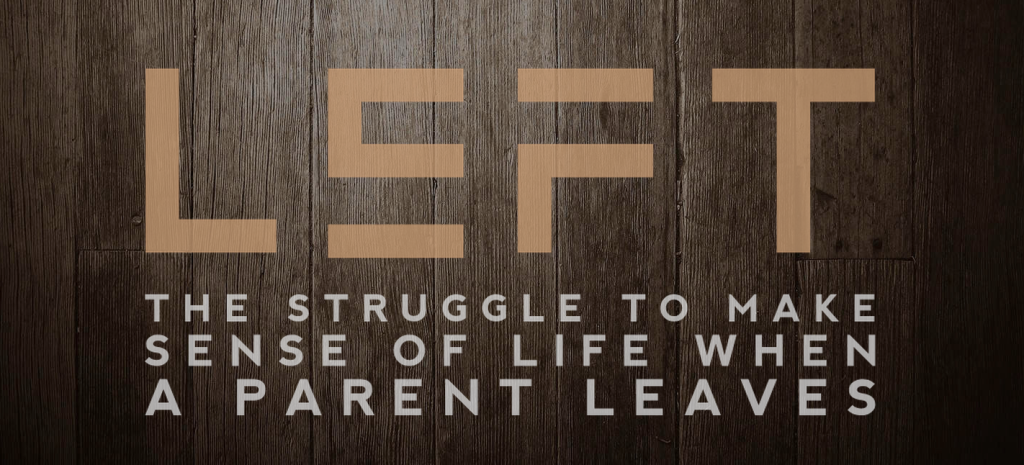LEFT: the narrative of a child of divorce
 Jonathan Edwards is not the puritan, but he understands a little something about sinners and a seemingly angry God. When he was seven years old his dad left and this is the narrative we're introduced to in Jonathan's book LEFT: the struggle to make sense of life when a parent leaves.
Jonathan Edwards is not the puritan, but he understands a little something about sinners and a seemingly angry God. When he was seven years old his dad left and this is the narrative we're introduced to in Jonathan's book LEFT: the struggle to make sense of life when a parent leaves.
Whatever your life looks like, the chances are great that in some way you have been affected by the reality of divorce. Your parents, your grandparents, your siblings, maybe you yourself. It's a death that seems more common than death itself. I know far more people who have been affected by divorce than by the death of someone close to them. I experienced tragic death in my family (my 14 year old brother) the year before I experienced the tragedy of divorce in my family—and I swear divorce was the worse of the two.
Jonathan does an interesting thing with LEFT, a careful balancing act of narrative and memoir, staccato sentences ripe with good theology—but isn't this like life? A constant experiential proof text? We observe, we ingest, we internalize, and then we prove our theology. LEFT is a book about a boy who was left by his father, but who felt left by his heavenly father for most of his life. It's a common story from children of divorce. It's mine and maybe it's yours. There is nothing in the world I hate more than divorce, and yet there is nothing more in the world that has shaped and shattered my poor and pitiful picture of who God was to me. Divorce led me straight to the place where I learned my paltry portrait of God was made in the image of the man and woman who birthed me, raised me, sent me, and broke me. But it wasn't until I came to face to face with that image that I was able to forgive the sinners who birthed me, raised me, sent me, and broke me. It was a careful distinction and a paramount one. One every child of divorce must experience if they are to walk through the shattered shards of what's left of their family.
LEFT leaves no pretty picture of life after divorce. Jonathan is real about the struggles—even the ongoing ones. He confesses, he wrestles, he preaches, he stumbles. It's the story of a man who knows by the grace of God he doesn't have to make the same mistakes his father made, but also by the grace of God he does have to sort through them as part of his story. He says, "I began to understand that I didn't have any justice to seek, that true justice was God's...Reconciliation with my dad ceased to be my primary concern because I longed for his reconciliation with the Father so much more."
This is the hinge upon which the door of growth swings for the child of divorce. When we begin to understand we are as much sinners, as faithless, as broken as the men and women who birthed us—in desperate need of the hands of a faithful Father.
Jonathan Edwards is not the puritan, but he does understand a little something about sinners in the hands of a faithful God.
